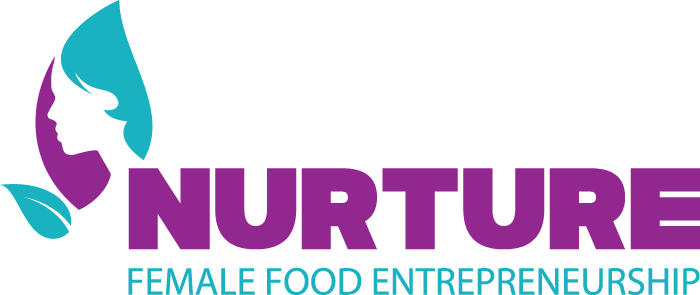The “Educate to Innovative” project aims to develop, support and sustain the growth of Female Food Entrepreneurs (FFEs) in Europe. The Galway-Mayo Institute of Technology, Ireland are leading the project and working in partnership with the Baltic Education Technology Institute (BETI) Lithuania, Confederazione Italiana Agricol (CIA) in Tuscany Italy, Comunitatea Pentru Invatarea Permanenta (CPIP) Romania and The Polish Farm Advisory and Training Centre, in Poland.
As the Agri-Food sector is one of Europe’s largest indigenous industries, innovations in food business and boosting entrepreneurship are necessary to continue the growth of this sector across Europe and in developing Female Food Entrepreneurs (FFEs). The European Commission stated that young women are twice as likely as young men to be economically active in the entrepreneurial world. The project aims to grow FFEs and address the gender inequality by developing female specific entrepreneurial training. The training will nurture budding female food entrepreneurs and enable them to overcome the challenges and barriers they encounter in becoming food entrepreneurs. In order to ensure this, it is essential that educators in this sector are equipped with the required knowledge and skills to deliver effective training that will encourage Food Innovation and Female Food Entrepreneurship across Europe.
The main output of this project is to develop and upskill, Vocational Education and training (VET) teachers and thus help to sustain FFEs by providing VET institutes with the training guide and resources to deliver new and innovative methods of teaching entrepreneurial training.
The second output, a Resource Tool (hard copy and online), will also support growth of FFEs as it will be a ‘one stop’ information resource. It will provide them with the knowledge of entrepreneurial courses available, Recognition of Prior Learning (RPL) opportunities, networking, funding streams and nurture ideas with the skills required to foster and develop their food concepts into successful businesses.
The promotion of the tool will also support VET providers in encouraging FFEs to engage with training. Furthermore, Female entrepreneurship has been highlighted as a key area for growth across Europe. This project will actively develop the growth of FFEs in Europe thus enhance the sustainability and longevity of the Agri-Food sector by widening participation.
Engage
The project aims to engage with VET educators to demonstrate and impact education and training in developing and growing European FFEs. The project will provide VET educators with the required skills and knowledge to educate budding female entrepreneurs in the food industry. While developing a one stop resource tool for FFEs to access to relevant information and support that will help one nurture and develop their food concepts into successful food businesses.
NURTURE
This project introduces VET educators to a new style of training that moves from the traditional classroom and didactic setting. In order to achieve this, the consortium will develop a training guide that will detail how to introduce peer led work-based entrepreneurial training into courses aimed at developing entrepreneurs in the Agri-Food sector. Research has highlighted that females are currently grossly under-represented in this sector (comprising ~30% of total food entrepreneurs across Europe), therefore the training guide will also focus on educating VET providers to target, develop and manage females thus helping to encourage females into a predominantly male dominated sector. By helping to develop an entrepreneurial mind set, budding FFEs on VET courses will be able to see the potential for their own businesses.
sustain
The project will also develop a second output, a “resource tool” that will help to further help sustain FFEs by providing a base to connect with a range of supports. It will be a ‘one stop’ information resource for FFEs to access relevant knowledge and information on entrepreneurial courses available, RPL opportunities, networking and funding streams. How to nurture their ideas with the skills required to foster and develop food concepts into successful businesses.
This tool will also be of considerable use to VET providers trying to market entrepreneurial courses to potential female food entrepreneurs. In essence this will be a one stop resource for FFEs and VETs to learn, seek guidance, collaborate, upskill, network and overcome any challenges they may be facing.

